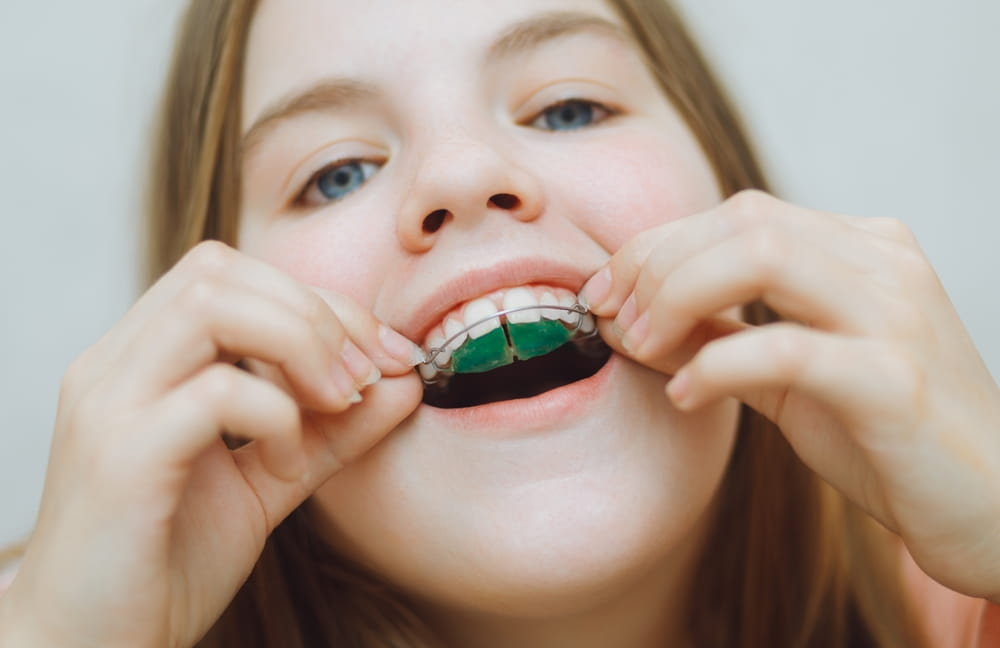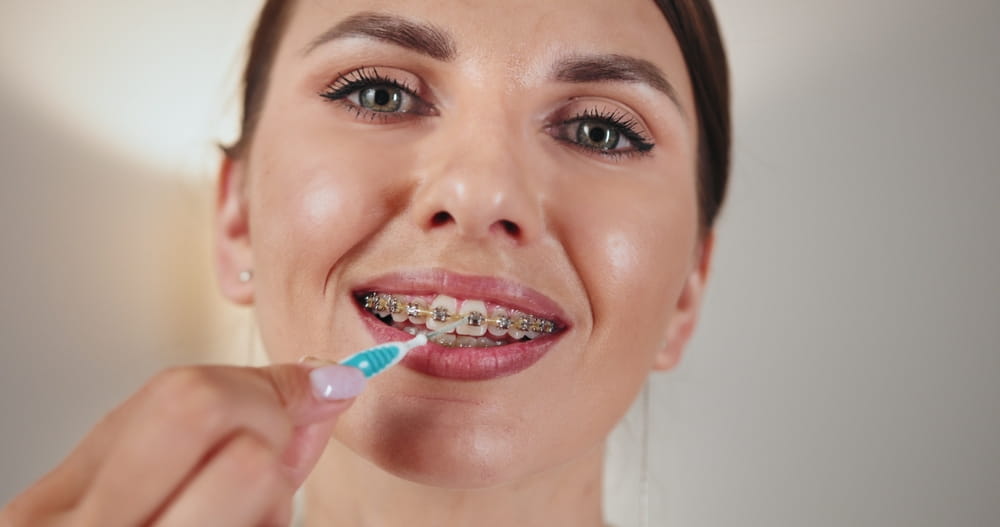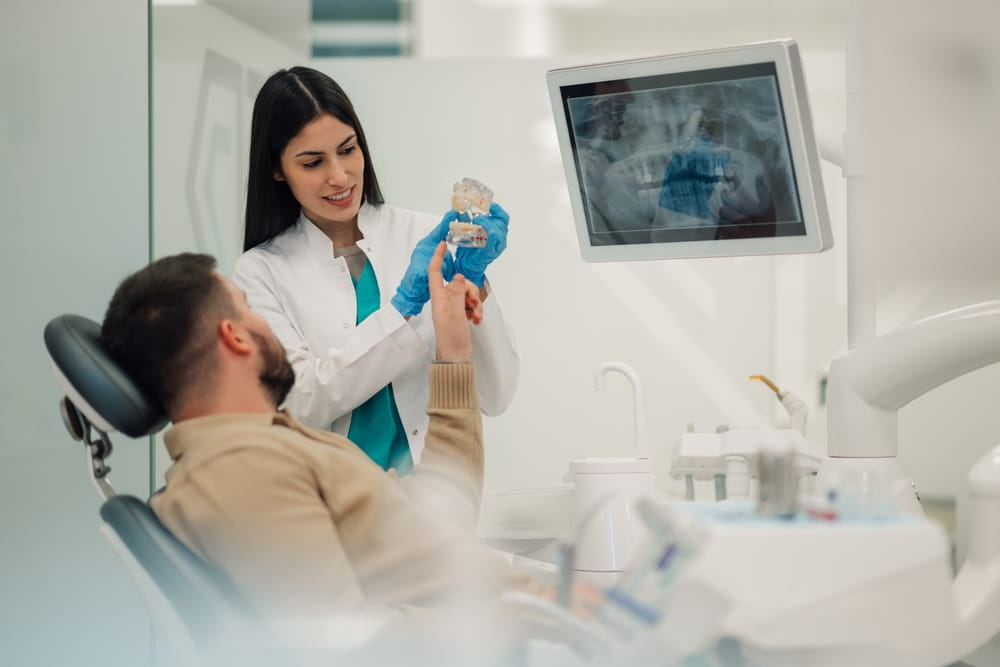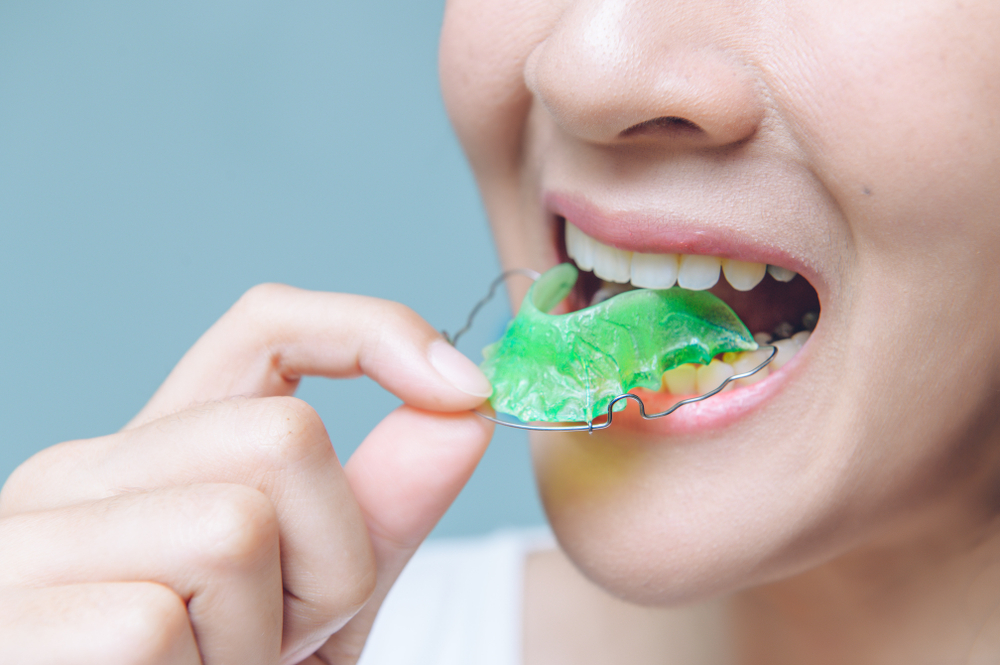Your smile is often one of the first things people notice about you. It plays a key role in non-verbal communication, signaling everything from warmth to confidence. For many individuals, however, dental issues like crooked teeth, bite misalignment, or overcrowding can lead to feelings of insecurity. This is especially true for adolescents and young adults, who are often navigating critical periods of self-image development. Orthodontics provides a unique opportunity not just to improve dental health, but to significantly enhance how a person feels about themselves.
At Davis Family Orthodontics, Dr. Laura Davis has seen firsthand how transformative orthodontic care can be for a person’s self-esteem. While braces or aligners may seem like a mechanical solution to a physical problem, they often have deep emotional and psychological effects. Correcting dental irregularities improves a person’s ability to smile freely and confidently, which in turn affects their social interactions, mental wellness, and even academic or career pursuits.
Why Self-Esteem Matters at Every Age
Self-esteem is not just about feeling good—it’s closely tied to how individuals function in various areas of life. Children with poor self-image may withdraw socially or struggle academically. Teenagers might avoid smiling in photos, speaking in public, or engaging in group activities because of embarrassment about their teeth. Adults may hold back in job interviews or avoid leadership roles due to lingering insecurities about their appearance. The psychological impact of dental imperfections can be more far-reaching than many realize.
Orthodontics offers a way to reverse this narrative. Whether it’s through traditional braces, clear aligners, or early intervention appliances, the process of improving dental aesthetics often parallels a boost in emotional health. As patients see progress in their smiles, they often begin to carry themselves differently—walking taller, smiling more, and engaging more fully in life. These changes may seem subtle at first, but over time, they can reshape the way a person experiences the world and how the world responds in return.
How Orthodontic Treatment Encourages Positive Change
Orthodontic care is a journey that requires commitment, patience, and collaboration between the patient and the orthodontist. As treatment progresses, patients not only notice changes in their teeth, but also in their confidence. This transformation happens gradually, as each adjustment or aligner tray moves them closer to the result they’ve envisioned. At Davis Family Orthodontics, we make it a point to celebrate each milestone, reinforcing the positive reinforcement loop that bolsters self-image.
The process also involves personal responsibility, particularly for younger patients. Following treatment instructions, maintaining good oral hygiene, and attending regular appointments teaches discipline and ownership. These habits can translate into other areas of life, such as school or extracurricular activities. When patients complete treatment and see their new smile in the mirror, they often feel a sense of pride not only in the result but in their ability to see something through from start to finish. That personal achievement often carries emotional weight that lingers far beyond the dental chair.
Social and Emotional Benefits of a Confident Smile
A straight, healthy smile can do more than just enhance appearance—it can change the way someone feels in social settings. People who are self-conscious about their teeth may avoid smiling, limit eye contact, or even cover their mouths while laughing or speaking. These behaviors can create an impression of insecurity or disinterest, even if that’s not the intention. Over time, this kind of social inhibition can lead to feelings of isolation or even anxiety.
Orthodontic treatment helps break this cycle. When someone feels proud of their smile, they’re more likely to engage with others, speak up in class or meetings, and pursue opportunities that might have felt out of reach before. This improved social functioning often translates into deeper relationships, stronger communication skills, and a more fulfilling sense of community connection. At Davis Family Orthodontics, we’ve seen how empowered patients become when they are no longer held back by concerns about their smile.
Supporting Self-Esteem in Younger Patients
Children and teens are often the most vulnerable to appearance-related insecurities, especially in today’s image-conscious culture. Social media, peer pressure, and the natural challenges of growing up all contribute to heightened self-awareness. When dental issues are added into the mix, these young patients may experience emotional distress that affects their behavior, school performance, and even their physical health through stress.
Early orthodontic evaluation and intervention can help reduce the duration and severity of these concerns. Starting treatment during key growth phases allows orthodontists to address both functional and aesthetic issues before they become more complicated. It also gives children a sense of control over their appearance and future. Dr. Laura Davis works closely with families to ensure that young patients feel supported throughout their treatment journey. Her practice across Lawrenceville, Morrow, Stone Mountain, and Loganville, GA, offers a warm, welcoming environment designed to ease fears and foster confidence at every stage.
Long-Term Value Beyond Aesthetics
The self-esteem boost from orthodontics doesn’t disappear when the braces come off or the aligner treatment ends. For many patients, the changes in their smile represent a permanent shift in how they perceive themselves. They’re more likely to maintain good oral hygiene, continue seeing a dentist or orthodontist regularly, and carry forward the self-discipline developed during treatment into other aspects of their lives.
The positive feelings associated with completing orthodontic treatment can ripple outward. Adults may go on to pursue more public-facing careers, reenter the dating world with new confidence, or simply feel more comfortable in their own skin. Kids and teens may find themselves participating in activities they once avoided or forming stronger social bonds. The emotional return on investment can often be just as valuable as the physical outcome.
Key Takeaways for Patients Considering Treatment
While orthodontic treatment is often pursued for practical reasons—correcting misalignment, improving bite function, or preventing dental complications—it also holds profound emotional and psychological benefits. Patients who complete treatment frequently report feeling happier, more outgoing, and more resilient. A straight smile can serve as a daily reminder of their growth, discipline, and commitment to self-improvement.
If you or your child are hesitant about beginning orthodontic care, it may help to consider these self-esteem benefits alongside the dental advantages. Orthodontics isn’t only about what’s happening in your mouth—it’s about reshaping how you move through the world. Dr. Laura Davis and the team at Davis Family Orthodontics are here to support you through this life-changing journey with expert care and encouragement.
Resources
Phillips, C., Broder, H. L., & Bennett, M. E. (2001). Dentofacial disharmony: Psychological status of patients seeking treatment consultation. The Angle Orthodontist.
Kiyak, H. A. (2008). Does orthodontic treatment affect patients’ quality of life? Journal of Dental Education.
Feu, D., de Oliveira, B. H., de Oliveira Almeida, M. A., Kiyak, H. A., & Miguel, J. A. (2010). Oral health-related quality of life and orthodontic treatment seeking. American Journal of Orthodontics and Dentofacial Orthopedics.









